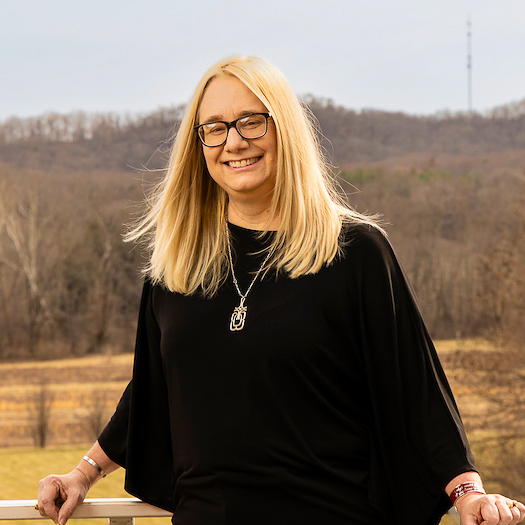
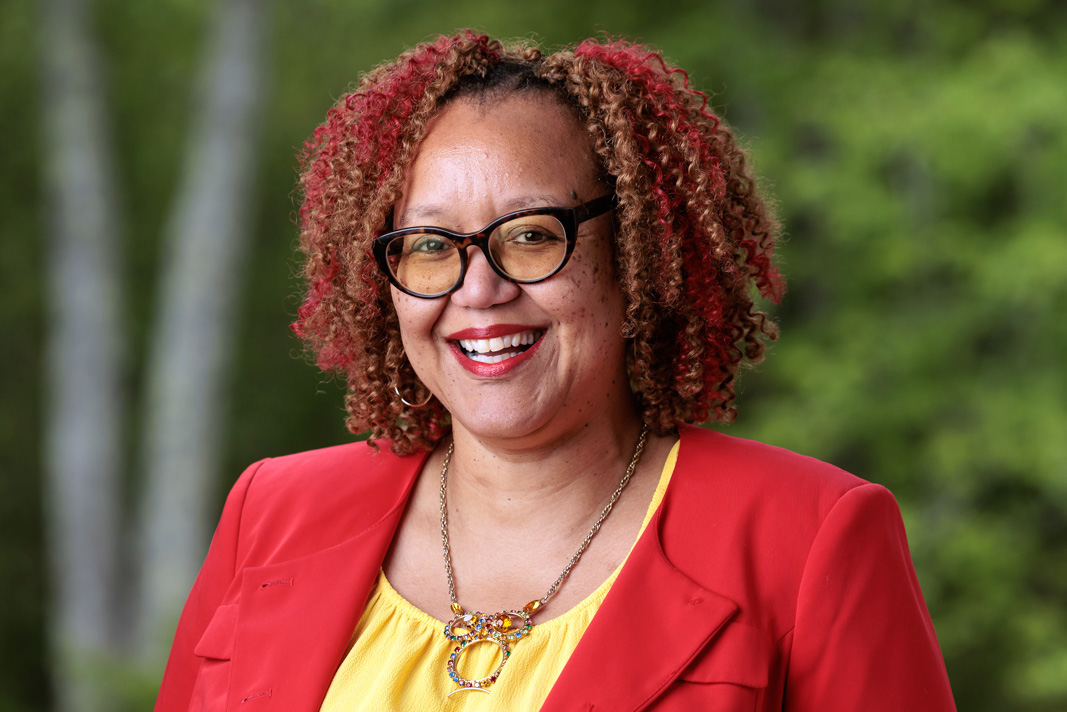
Earlier in her career, Barbour worked as a communications specialist for former Kentucky Gov. Paul Patton. She also worked as the internal communication manager for former Mayor Jerry Abramson in Louisville, Kentucky, during the merger of city and county governments that created Louisville Metro. She began her career working as policy and procedures manager of the former Central Kentucky Treatment Center, a maximum-security prison for juvenile males.
Prior to Berea, Barbour was employed at Indiana University Southeast (IUS) from 2005 to 2016. She began her tenure as an academic counselor, advising first-year business students, but within two years she was promoted to associate director of Campus Life where she assisted the dean of students with judicial cases, increased the number of clubs and organizations on the campus, hosted trainings for staff and faculty advisors and for students to develop leadership skills.
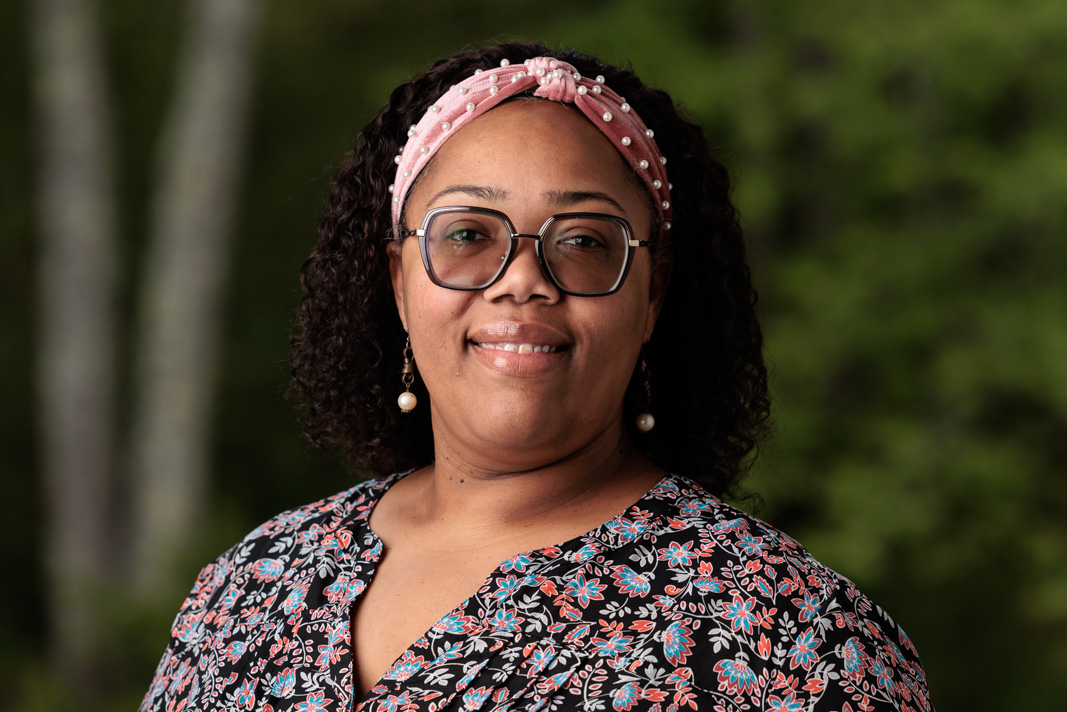
What is the key to building strong partnerships?
The key to building strong partnerships is building relationships and keeping the result at the center of the work. We are aligned around a result and we keep that first we are able to connect intentionally and have a greater impact. It is all about being “with” each other rather than building a partnership that does “to” or “for” each other.
What is something from your own education that has made a lasting impact? Did this lead you to do the work that you do?
I had a ninth-grade honors math teacher who looked like me tell me I didn’t belong in that class. This hit me in my heart. My first black teacher and she didn’t wrap her arms around me to support my growth. I was determined from that point to prove her wrong. I went on to graduate High School and College top of my class. I ran into her the last semester of my Senior year in college and I was able to tell her, look I made it and not only did I finish high school but was on my way to graduate school on scholarship. My goal was to step into education and walk the walk differently and be there for students especially those that looked like me. Through this experience, I learned to focus on the principal Kujichagulia which means self-determination. I had to make up my own mind to set and accomplish goals. It is my hope that as I work across communities, I can inspire others do the same.
What problem do you want to solve?
I don’t necessarily have a problem I want to solve but I want to bring attention to the needs of black, brown, and indigenous communities that are rooted in rural places. Often times their voices are left out of the “rural” conversation and when the population size is small they can become invisible unless you are in a rural space that is majority black or brown. We need to be thinking about the “whole” of rural places and ensure “all” means “all.”
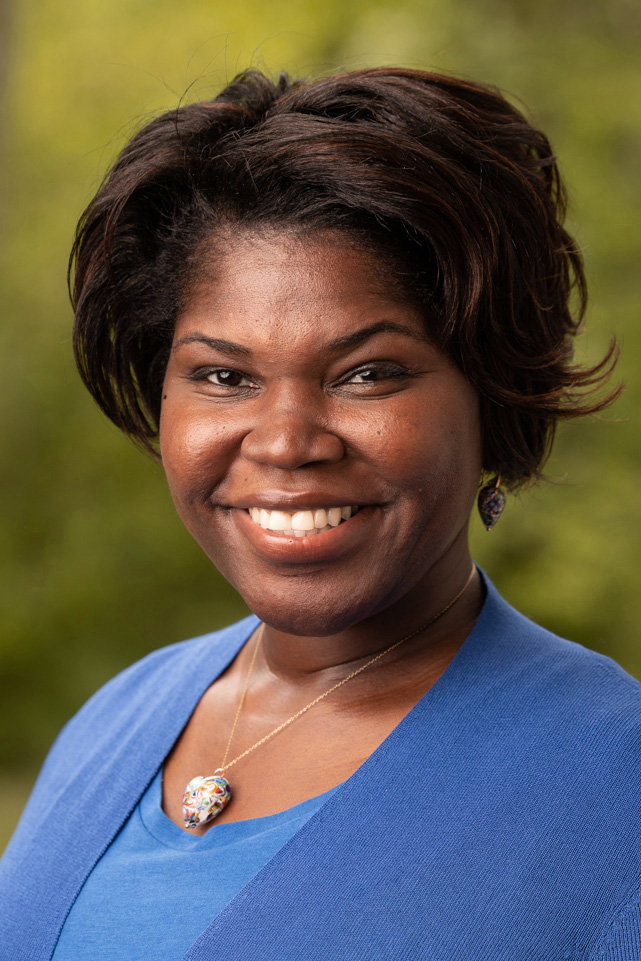
What is something from your own education that has made a lasting impact? Did this lead you to do the work that do?
As a first-generation student, I understand the value of education and having caring adults in your life to encourage you along your educational journey. My family, teachers, and community were my Village supporters who invested in my academic and character development. Their presence and modeling during pivotal points in my educational experience were a part of my motivation to lead a life of service to others.
The work that I do is driven by my passion for equal access and opportunity to high-quality education for every student so that every child, regardless of geography or demographics, can attain success and pay it forward for the next generation.
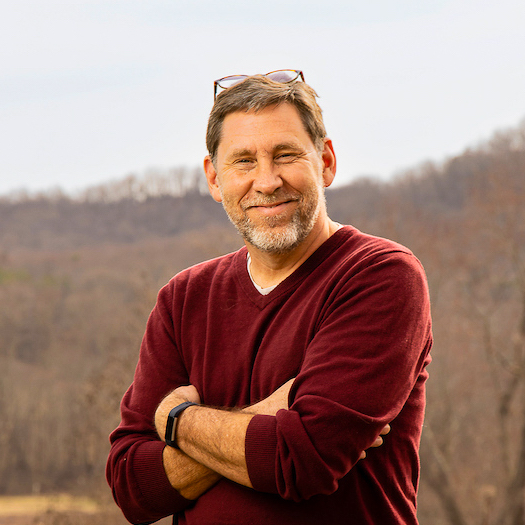
Hogg has more than 20 years of experience leading public districts in Appalachia and was a middle school science and social studies teacher. He holds bachelor’s and master’s degrees in middle grades education from Eastern Kentucky University. As a first-generation college graduate, he feels a deep responsibility to pay forward what has been paid forward to him.
What is the key to building strong partnerships?
Strong partnerships are nurtured and grown through a shared possibility and commitment to the greater good. Listening and hearing the unique needs of each other without sacrificing the organization’s qualities, characteristics and culture. Seeing our differences as strengths and another piece of the puzzle of a thriving community is critical. Being in regular communication and putting a stake in the ground where there will be shared work and where there won’t be is also critical. In essence, partnerships are built by being in a relationship with each other.
What problem do you want to solve?
I think the problem that most confounds me and I’d love to solve is the scarcity mindset that pervades all aspects of our communities. Whether it is educational opportunities, jobs, housing our governance structures, the pervasive thinking is that there is “only so much” and we’d better get it for the members of our team—whatever that team is. The result is that we are always set against each other and trying to justify our own needs as greater than our neighbors. What if the mindset shifted? What if it became, “we have enough?” How would that shape housing? Jobs? Education? Until all have access to “enough” then our communities and our neighbors can never be whole and live meaningful, choice-filled lives where thriving is the norm instead of struggling. I’ve seen glimpses of the abundance mindset when organizations and communities come together to lose themselves in a greater cause—it is lovely and the closest I’ve been to the Beloved Community.
What does “success” for rural communities/schools look like for you?
Opportunity and access are two indicators of success in rural communities. All members of the community have the opportunity to engage in quality education from cradle through career. There are multiple opportunities to be engaged in shaping the policies that create a thriving culture in the community. Safe, adequate housing is available to all. Choice is abundant for jobs and career ladders are embedded ensuring economic mobility. The richness of the community’s culture is celebrated regularly through traditions and also embedded in the daily infrastructure.
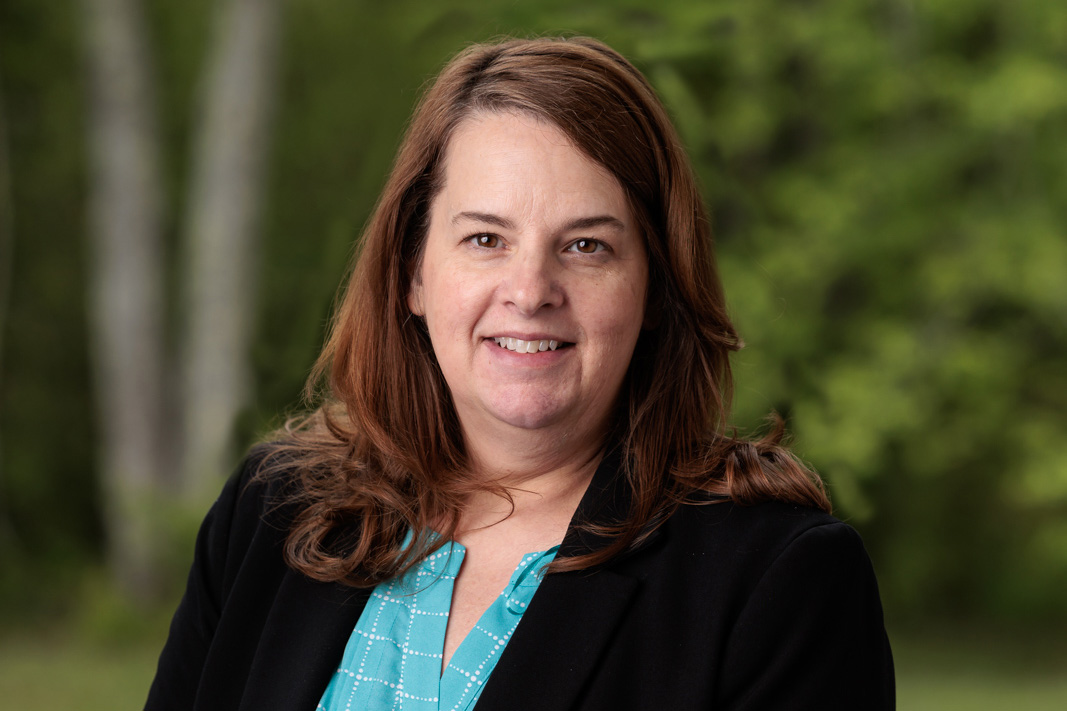
What does “success” for rural communities/schools look like for you?
To me, success for rural communities and schools means each and every child has access to opportunities and resources that build on their abilities and skills to help them flourish and thrive.
What is something from your own education that has made a lasting impact? Did this lead you to do the work that you do?
My eighth-grade math teacher made a huge impact on how I viewed my mathematical capabilities and ultimately led me to the finance and accounting path. I had strong math skills that were not fostered by other teachers, and Mr. Smith encouraged me and gave me space to learn and grow in a space not traditionally welcoming to female students.
What is the key to building strong partnerships?
A key to building strong partnerships is the ability of the partners to work toward creating resilient relationships. When the partnership experiences adversity in any form, it is essential that the partners have open dialogue to realign the work and continue progress toward improving outcomes.